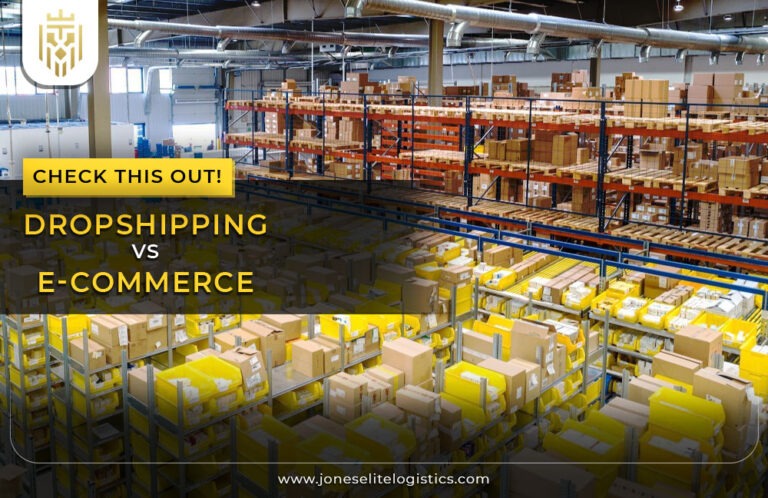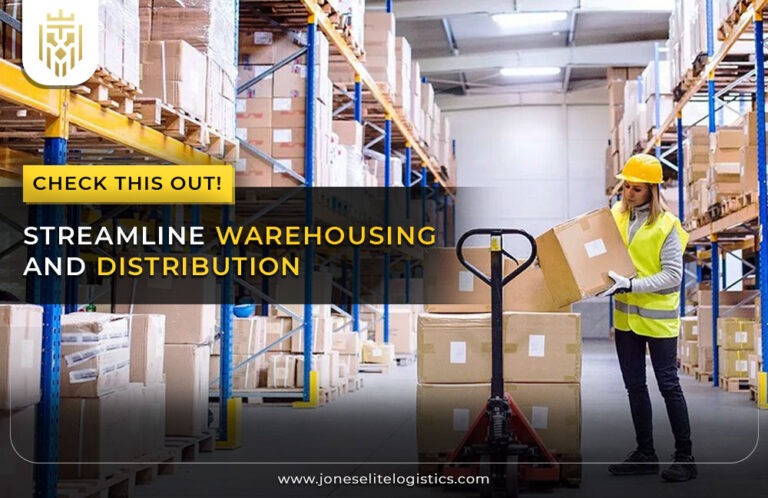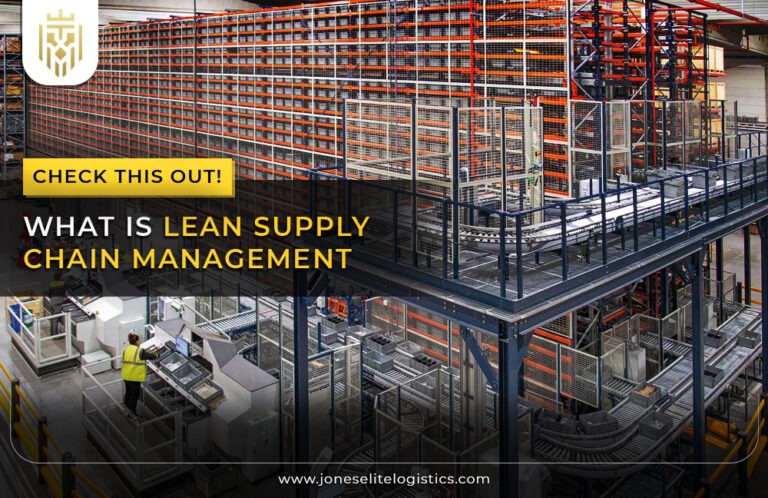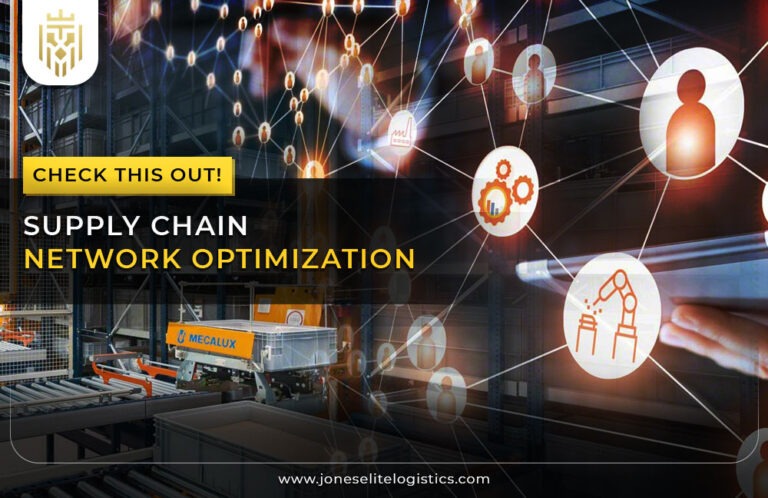What is Logistics?
Logistics is an effective tool that helps in navigating through diverse business operations. What is logistics? It is the process of moving goods, services, and information-relevant aspects from the start of production to final consumers. Logistically speaking, it just makes sure that products are transported, stored, and delivered on time. It covers a list of functions that provide support for businesses across various industries.
How does logistics help other industries?
Logistics serves as the main pillar of the activities in industries because it covers various aspects of the transport and storage of products. The supply chain and product distribution are completed through logistics for the manufacturing industry. Concerning the retail industry, the logistics industry ensures the products are delivered to consumers meeting their requirements. Supply chain management and logistics are what keep the e-commerce industry going, as this involves matching inventory with orders, processing them following business policies, and ensuring last-mile delivery.
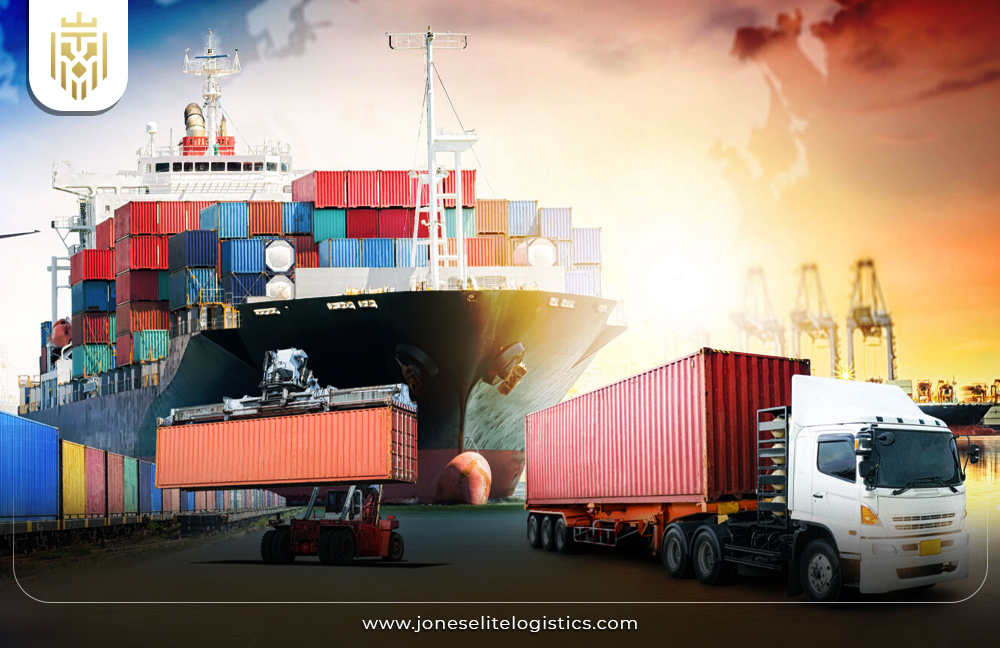
What are the main functions of logistics?
Logistics can be summarized by a collection of different functions (often interrelated), each of which is essential in the general process of transportation control. Let’s delve into the main functions of logistics:
Transportation
Transportation stands as a key function of logistics as it moves goods from one point to another. It uses numerous types of transport options, like trucks, trains, ships, and airplanes. Transportation of shipments should be accomplished within due time and budget.
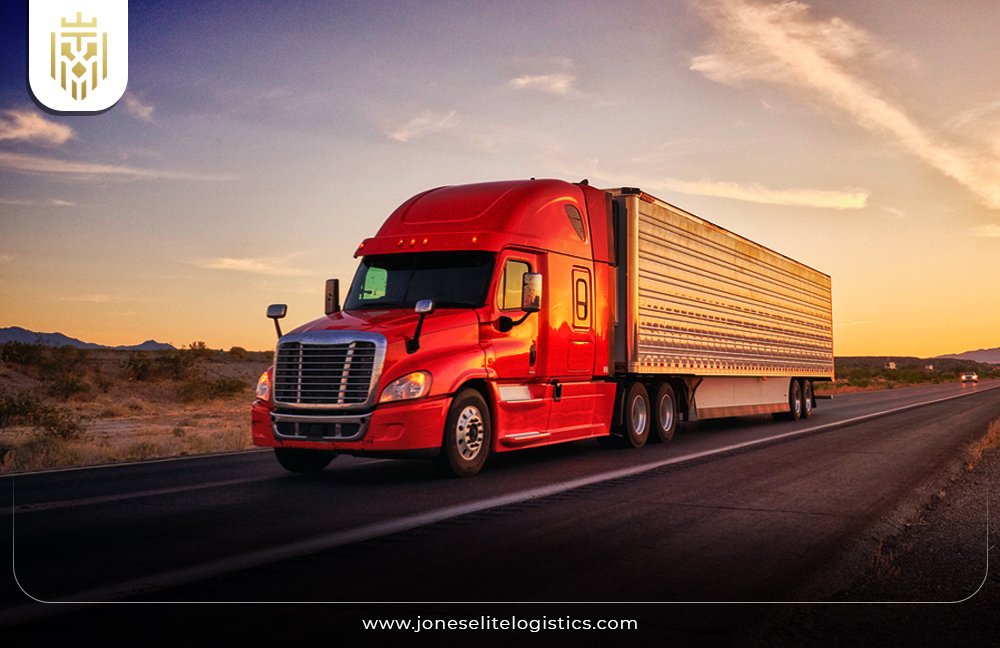
What it does
The transport of products includes the physical movement of the shipments while also ensuring they are delivered in good condition. These activities include routing, selection of a carrier, and cargo tracking. It also involves complex documentation processes and costs like road toll.
Different Ways of Moving Goods
Logistics professionals select from the alternative methods of transport concentrating on endurance, volume, emergency, and cost issues. This could be arranging trucks for door-to-door delivery while using rail and ships for long-range transportation and air shipments for speedier deliveries. Deciding properly what transportation mode to be used is critical to developing a good logistics strategy.
Why Efficient Transportation Matters
Efficient transportation has the effect of cutting expenses, reducing delivery delays, and optimizing routes. On-time and predictable transportation contributes to building a reputation of the company among its customers and if relationships with its suppliers are good ones, this may have a positive effect on the whole supply chain.
Warehousing
Warehousing happens to be one of the major functions of logistics which primarily deals with the storing, processing, and shipping of goods. They function as an intermediary and connect consumers, manufacturers and suppliers. The building of warehouses helps companies maintain inventory, keep track of their orders, and tackle quick turnaround times.
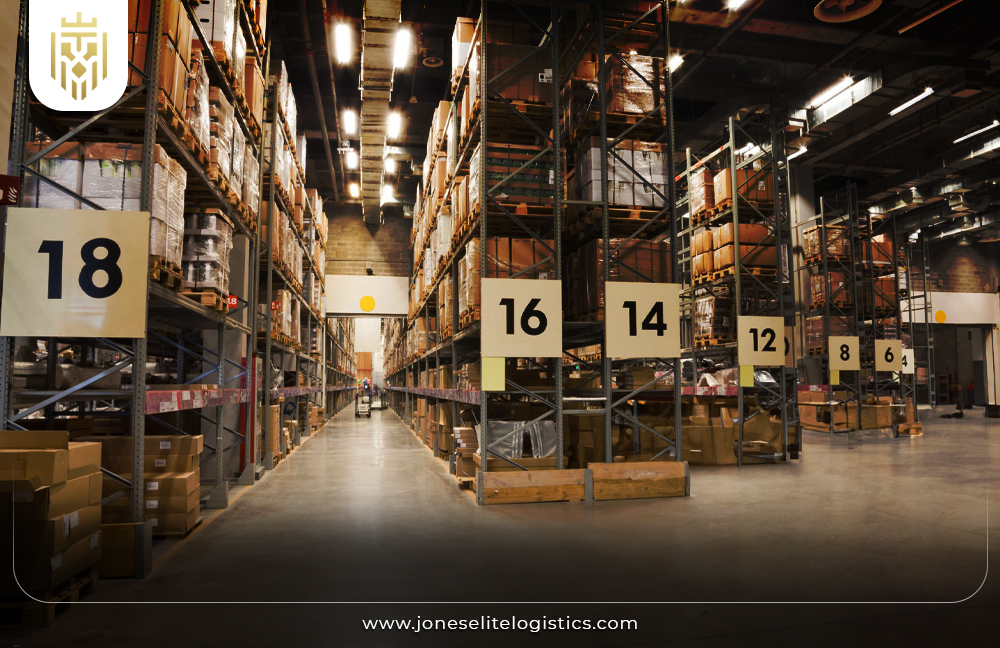
Types of Warehouses
Warehousing implementation can be produced to fulfill specific industries’ diversified needs. Distribution centers serve as a central hub for product consumption to fulfill customers’ orders. Cold storage is used for maintaining products’ freshness, meanwhile, bonded storage stores imported goods under customs supervision.
Inventory Management
Inventory management is one of the key functions of logistics that is aimed at ensuring the efficient movement of goods and optimization of inventory levels. It provides this assurance by making sure that a given good is available in the right place and time, thus meeting the demand in the market.
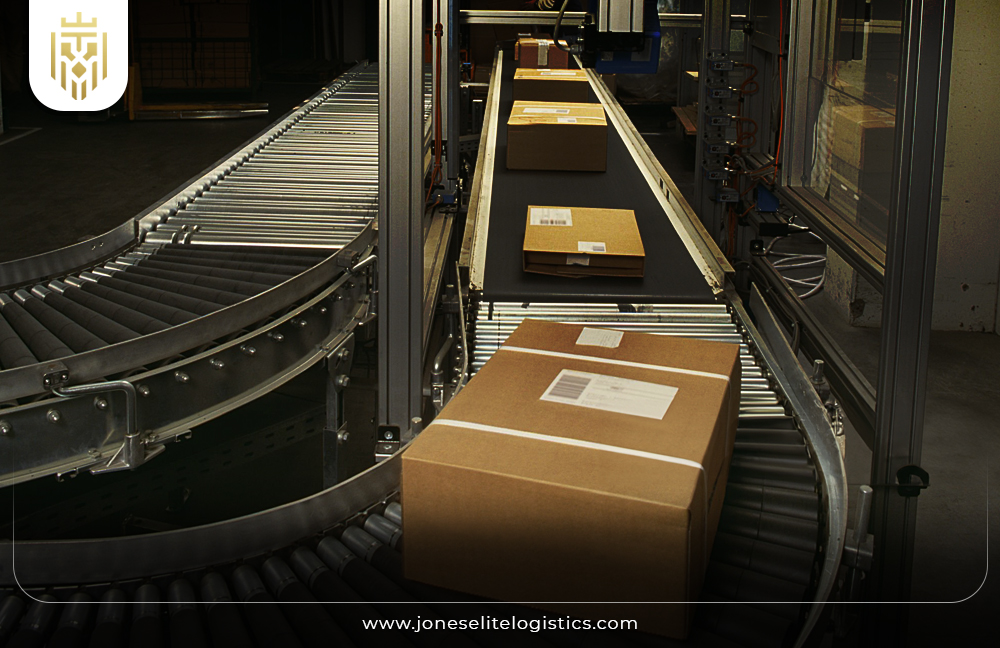
Why Inventory Management is Key
What will be the use of warehouses without inventory management? It covers the proper movement of products in and out in sync with demand, perfect stock rotation, and space-efficient use of warehouses. Through proper inventory management, businesses ensure that they are responding to customers’ needs within time, without having to carry excessive stocks or having products go bad.
What it Involves
Inventory management includes activities like demand forecasting, inventory procurement, optimized inventory storage, order filling, and stock level monitoring.
How to Control Inventory Effectively
Companies have to utilize tools like real-time tracking systems, Just-In-Time[JIT] inventory procedures, and analytics to get information about demand trends and keep the right inventory.
Why it’s Important for Saving Money
Good inventory management builds up money through the reduction of holding costs, stock-outs, and overstocking. Similarly, it makes it possible for companies to make purchases in large volumes, enjoy discounted volume pricing, and have a chance in vendor negotiations.
Order Processing
The process of order processing is one of the core functions of logistics that ensures a quick and efficient way of handling incoming orders, starting from placing orders to delivery.
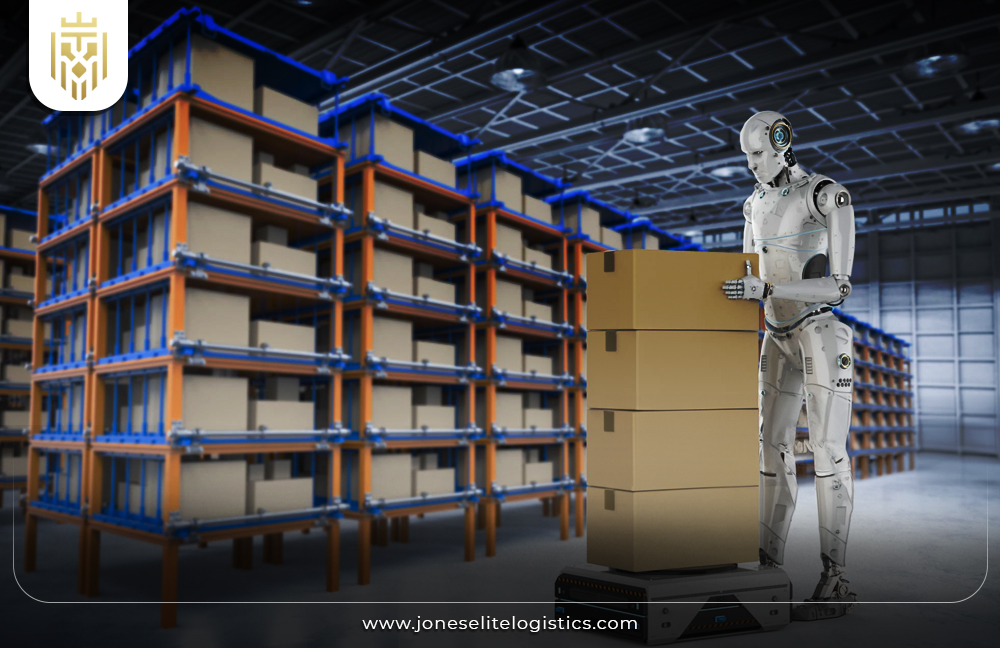
Overview of the Process
Order processing refers to the activities of inputting order data, checking order data, picking the products, packing the goods, and delivering the ordered items. It implies that cooperation among different departments such as sales, stock management, and logistics is very critical to guarantee not only a smooth but also an error-free order fulfillment process.
Why Smooth Order Fulfillment is Crucial
The smooth processing of orders is of prime importance because it is significant to enhance customer satisfaction and retention. Efficient order processing is critical to avoid delays in the order fulfillment process.
Technologies for Better Order Processing
Technology not only introduces transparency but also fosters time efficiency and accuracy in order processing, encouraging consumers to shop for automotive products. One of the customary technologies applied to order processing is systems such as order management systems (OMS) and warehouse management systems (WMS) that simplify workflow. These systems reduce the popular time-consuming tasks, enhance order precision, and give retailers (like the best shop online -) current information about shipment status, inventory quantities and order status.
Packaging and Material Handling
Two crucial functions in the area of logistics are packaging and material handling. These functions provide double-fold advantages, namely protection of products during the transport process and improved branding and customer experience.
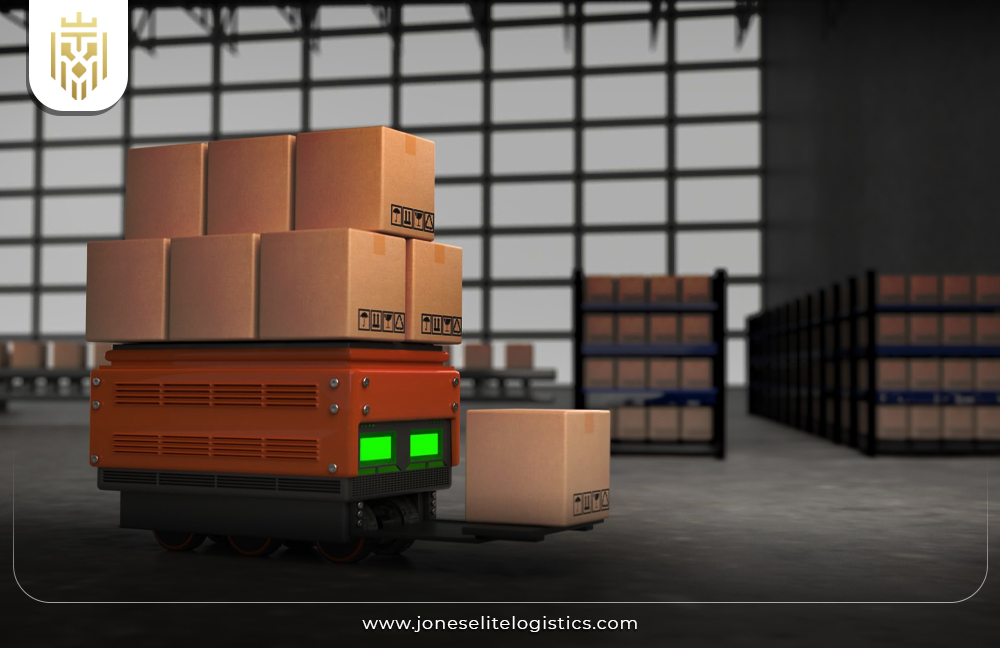
Importance of Packaging
Packing is a major part of the logistics process because of the transport safety of the product. If there is no proper packaging, the shipment may encounter trouble during transportation. Also, the package is another major element that exists to identify a brand and to promote a product.
Protecting Products and Enhancing Branding
The packaging materials, layout, and labels are specially selected to ensure the safety of the product and secure the quality. The use of smart packaging might help your product to stand out from the competition, and this may even increase the recognition and loyalty of your brand.
Smart Strategies for Material Handling
Efficient material handling is just as important for maintaining smooth operations and mitigating the possibility of damages. Providing the required equipment, training the staff on good handling practices, and formulation of and efficient layout designs within the warehouse can help in handling the materials efficiently.
Information Management
Information management ensures accurate and reliable data are delivered for streamlining operations. The process includes the collection, processing, and sharing of data for better decision-making and optimized operations.
Its Role in Logistics
This ensures that there is a simultaneous association among the processes of procurement, delivery, inventory management as well as order processing.
Tools and Technologies for Data Analysis
The latest technologies, which include cloud computing systems, IoT devices, and data analytics software, provide great potential for the smooth functioning of operations. These tools grant highly informed knowledge about the notable KPIs, demand dynamics, and supply chain risk.
Importance of Sharing Real-Time Information
Sharing of real-time information enables meaningful communication among supply chain partners which helps in improved coordination, leading to faster response to cater to the ever-changing markets. This enables avoiding frequent disruptions, adjusting inventory levels to fulfill the requirements, and attaining performance objectives.
Conclusion
To answer the question – What is Logistics? You will have to understand the main functions of the sector. It involves transportation, warehousing, packaging and inventory management along with other functions. It ensures the delivery of goods and services to the final consumers while also ensuring the delivery of materials to manufacturing industries. Being the most important part of the supply chain, it supports various industries, including retail and healthcare. To enhance the logistical aspect of your business, contact Jones Elite Logistics.
FAQs
-
What is the simple definition of logistics?
It is a process that involves moving goods, services, and information-relevant aspects from the start of production to final consumers. Technically speaking, it just makes sure that products are transported, stored, and delivered on time.
-
What is the role of logistics in the economy?
Logistics ensures the smooth flow of goods, services, and information from suppliers to end consumers. It supports industries by coordinating transportation, warehousing, inventory management, and order processing to meet customer demands and drive economic growth.
-
What is logistics management?
Logistics management refers to the coordination and execution of activities to ensure the efficient flow of goods. It involves activities starting from transportation to order fulfillment.
-
What is the difference between logistics and supply chain?
Logistics is a part of a supply chain and is usually the core element binding it. Logistics deals with transportation, warehousing and order processing while the supply chain involves other broader aspects like procurement, manufacturing and customer relationship management.

